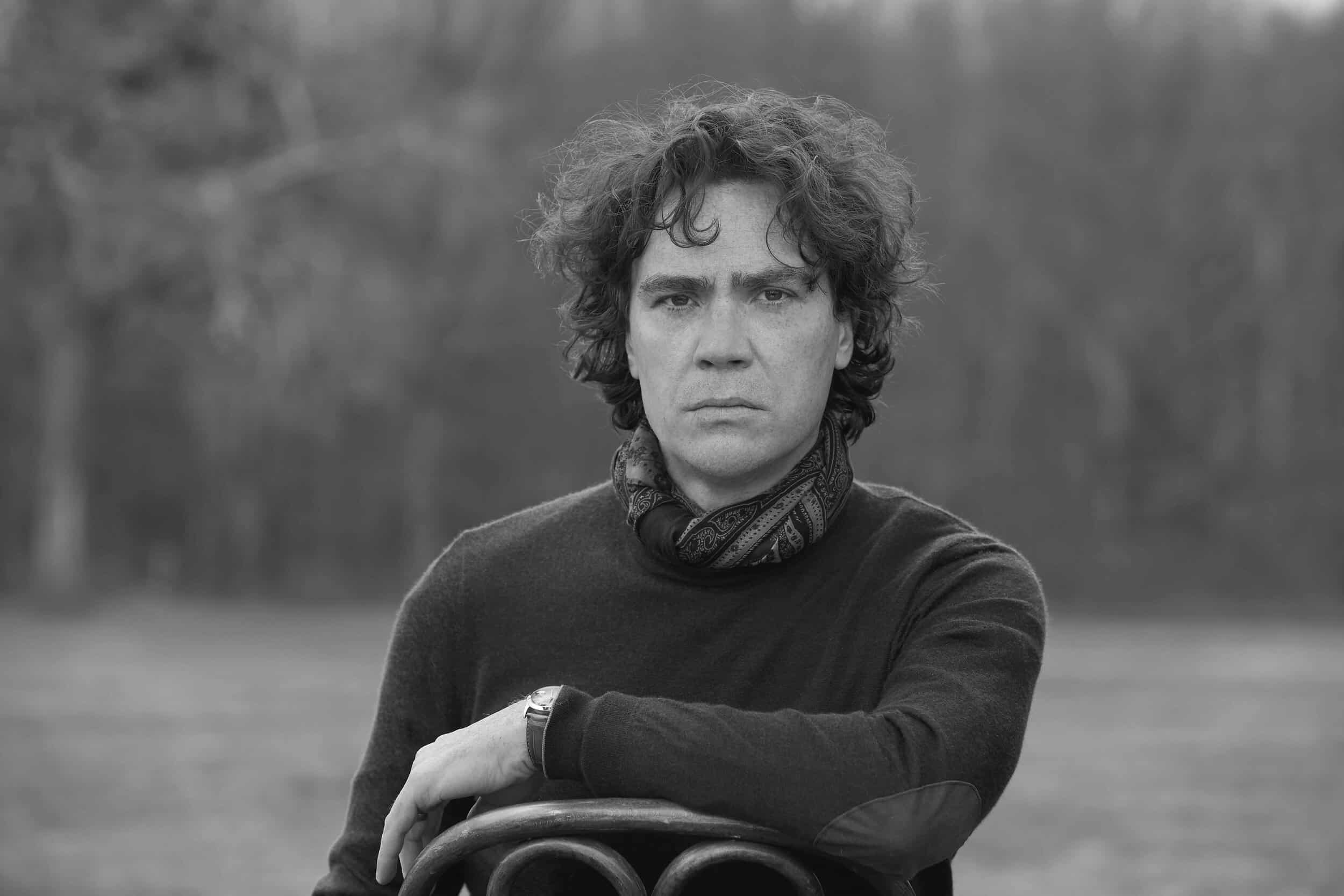Jay Fielden has enjoyed a distinguished career at the peak of the US publishing world, starting his career as a young graduate at the New Yorker before going on to edit Men’s Vogue, Town & Country and Esquire. When we asked for the most inspiring book he had ever read during our ‘Who The F*** Are You?’ interview this week, he replied, “Man, really? It’s like asking me to choose my favorite child.” So here we pick his literary brain for five more of his most beloved reads.
THE CATCHER IN THE RYE by J.D. SALINGER

I have to start with one that might be obvious because it’s the book that made me want to write — “The Catcher in the Rye.” I think it’s a masterpiece, and that it delivers such a crushing sense of the world and how it works. I can’t read it without steeling myself a little. It’s just too much, otherwise.
SO LONG, SEE YOU TOMORROW by WILLIAM MAXWELL

I love novels like that, ones that have the intimate, voice-driven story-telling of memoir. And I love memoir. As it happens, Salinger’s editor at The New Yorker, William Maxwell, was a great novelist himself. He wrote a number of great books, including a lovely little novella called, “So Long, See You Tomorrow,” about a young boy growing up in a small town that experiences a shocking murder. Maxwell matches the plainspoken beauty of his prose to the setting — rural, 1920s Illinois, where he had grown up — so that the story has a naïveté about it that is very deceptive and heartrending.
DISPATCHES by MICHAEL HERR

For a less innocent ride, I often go back to Michael Herr’s “Dispatches,” a collection of the pieces he wrote for Esquire about the Vietnam war; it interweaves on-the-ground reporting with harrowing personal experience. If you want to study how a sentence can be given the propulsive charge of a cracking whip, Herr is one of the writers who first figured out how. Someone once described “The Gulag Archipelago” as a two-thousand-page human howl. “Dispatches” is a tidy two-hundred pages, but it chatters like gunfire the whole way. (An aside: like Joseph Mitchell, the lovely hound-dog New Yorker writer who never wrote another piece after “Joe Gould’s Secret,” Herr, too, essentially gave his all to this one book, even if he used it as material to help write the screenplays of “Apocalypse Now” and “Full Metal Jacket.”)
THE WHITE ALBUM by JOAN DIDION

A cooler practitioner of first-person reportage from the same generation who also found her footing at Esquire and became a pioneer of New Journalism is Joan Didion. It’s hard to find better prose of a cut-glass quality, and she’s capable of making anything that interests her—the California State Water Project, for instance—deeply interest you, too. All her books are great, but “The White Album” has meant a lot to me.
A BEND IN THE RIVER by V.S. NAIPAUL

Finally, I think V.S. Naipaul is, as his Nobel Prize would suggest, of the very first rank. He’s become more and more controversial over time—a person of color who deviates from the required orthodoxy. All the more reason to read him, and to pay attention when you do, in my opinion. I love his novel, “A Bend in the River,” based on one of his many sojourns to Africa. It begins with one of my all time favorite opening sentences: “The world is what it is; men who are nothing, who allow themselves to be nothing, have no place in it.” It’s offensive and in your face, and from there one of life’s most unkind realities inexorably unfolds.








